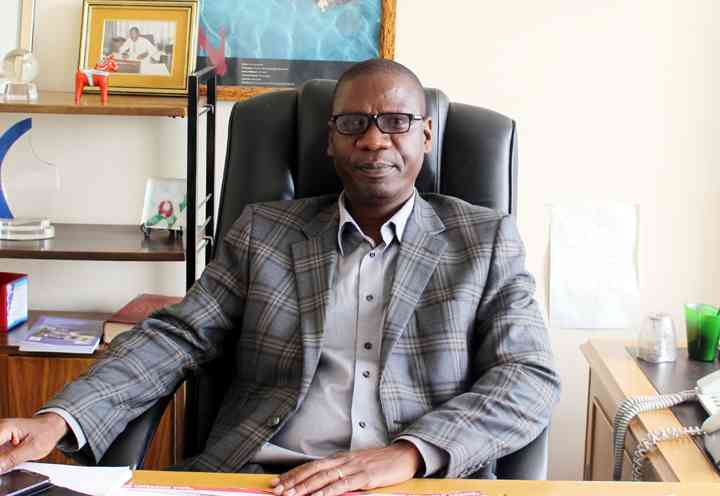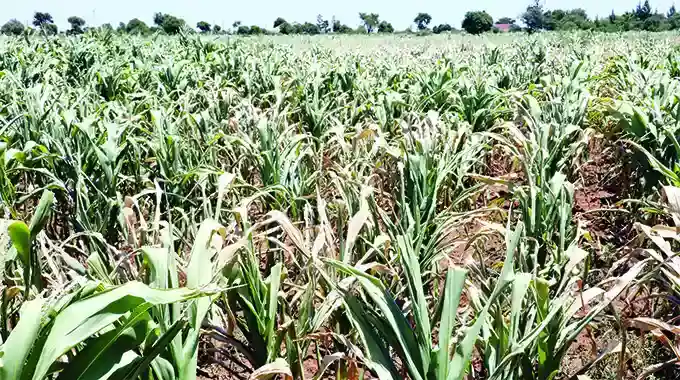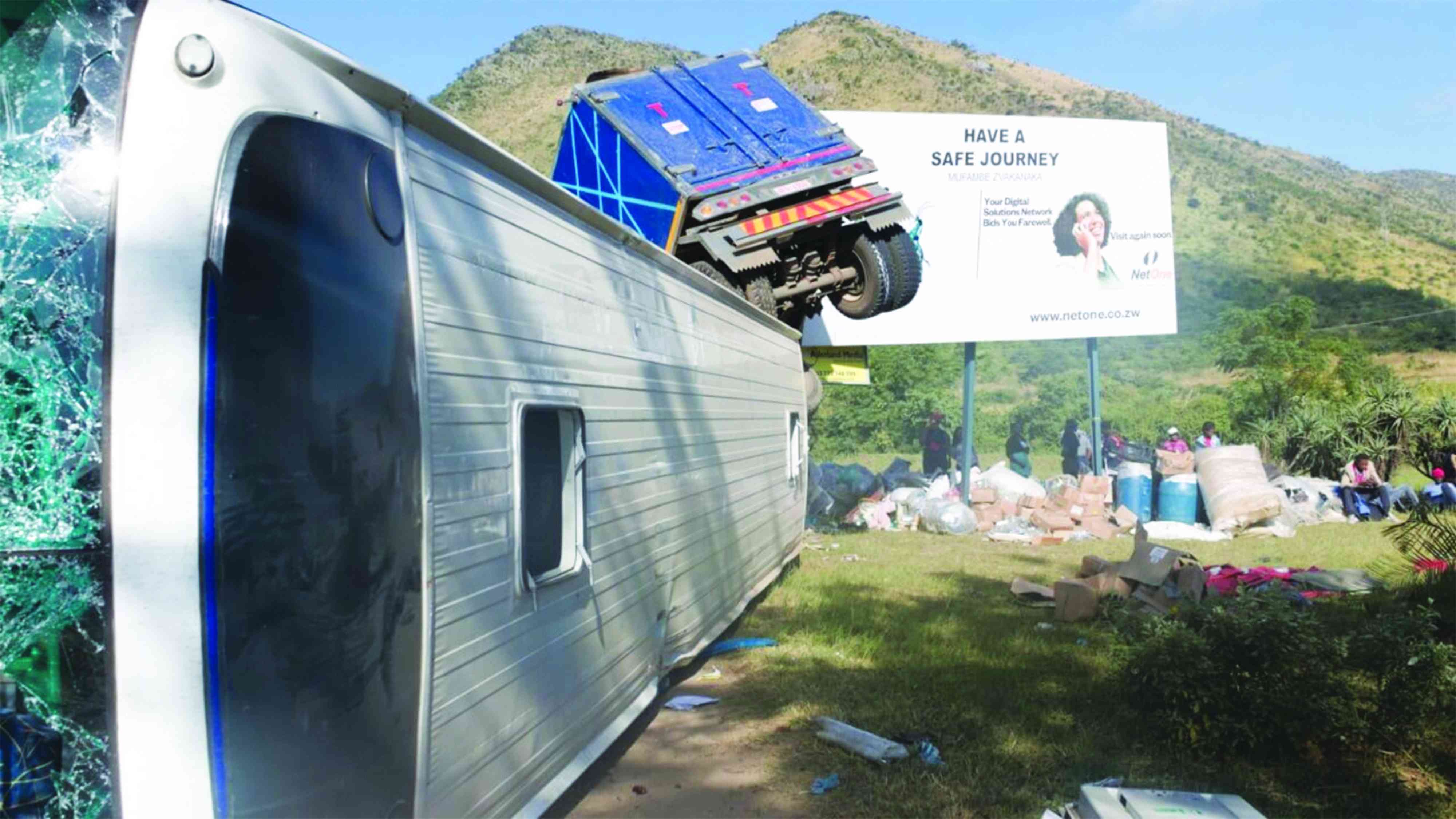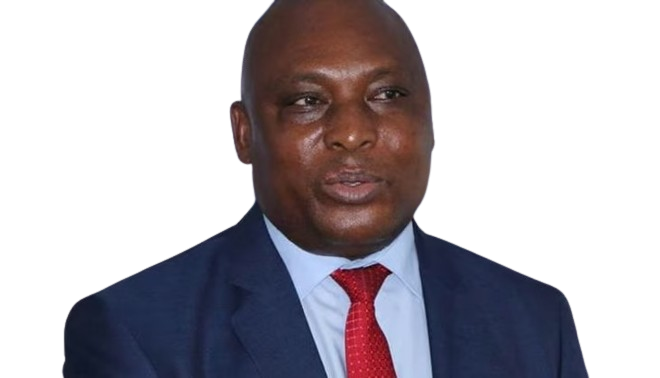
In the 21st century the importance of consistent and sustainable energy supply to support national economic development can never be over-emphasised.
Column with Rashweat Mukundu
For this reason any economic wish-list aiming for any economic target must be anchored on the availability of affordable energy supplies, be it from solar, hydro or thermal. Economic development blue-prints have to and must go hand in hand with energy supply.
In light of the above, many will read with scepticism the Zanu PF economic blueprints that talk of 7% or so annual economy growth at a time when the Confederation of Zimbabwe Industries (CZI) said over 700 companies have closed shop sending thousands of workers into an uncertain future.
And the darkness surrounding us as a result of a lack of electricity seems to be growing thicker by the day. The State media has been cheering the economic blueprint calling it a “masterstroke”, when nothing has been realised as yet, and on the contrary, society faces depressing news, gloom and doom.
The high sounding nothing economic policies being touted as the solution to all our problems will not be realised as long as the country remains in darkness and the few industries left are run on generators.
The talk of mechanising agriculture will again remain a pipedream in a scenario where there is no consistent energy supply. Many homes and businesses in urban, mining and rural areas have gone without electricity for much of this year.
The electricity shortages are not a challenge suddenly coming out of the blue, but something that has been building up for many decades.
- Chamisa under fire over US$120K donation
- Mavhunga puts DeMbare into Chibuku quarterfinals
- Pension funds bet on Cabora Bassa oilfields
- Councils defy govt fire tender directive
Keep Reading
While the Zanu PF government launched the rural electrification programme devoting energy and resources to expanding access to energy, there were no corresponding policies and actions to increase the energy supply.
While the idea of rural electrification is noble, its success certainly takes more than political sloganeering. What we see and use as our national power grid are the same archaic thermal and hydro power generators and same old systems inherited from the Rhodesian government which have gone way beyond their life span yet are expected to crank on and by some miracle, lead us to a 7% annual economic growth.
If there is proof of a lack of planning as well as a lack of understanding the dictates of economic development, nothing demonstrates this more than the State’s failure to address the power challenges.
The dominant Zanu PF government takes a big share of the blame for this chaos, but to be fair to them nothing concrete was proposed, or done by the MDC-T Energy minister Elton Mangoma and before him was Elias Mudzuri.
Leadership has been lacking at the Energy ministry and one cannot fault the power supply agency Zesa, as matters of energy are government business that need leadership from the top and need huge capital investment that only governments have the muscle to negotiate.
Now the same ministry is under Dzikamai Mavhaire, who appears more concerned with staging public relations stunts on this serious problem than telling us exactly what his plans are.
Like all abused citizens of other parts of the world, Zimbabweans are “used” to this nonsense, hope and wait for a solution which many never come. While the prerogative is President Robert Mugabe’s to appoint whomsoever he wishes to his Cabinet, consideration should have been made to appoint a knowledgeable and action-oriented individual to this ministry.
Resolving the energy crisis should be the singular and most important agenda of the Zanu PF government for the next five years.
Everything, be it education, infrastructure development, health, agriculture, tourism depend on a consistent supply of energy.
The downside of our political situation, where perceptions, grabbing and keeping power matter more than delivery is that we indeed end up living in a false world of blueprints, wishes, statements, public relations stunts and politicking instead of delivery.
No one such example demonstrate this than the President’s Inputs Scheme where families are given a 10kg of maize and a bucketfull of fertilizer and we are told communal and new farmers have been empowered.
It is this debasing of political leadership that meant that all the parties had high sounding nothing political manifestos that did not speak to the reality of our lives, but promising us heaven in Zimbabwe when all we see is darkness.
An economic revolution cannot happen when industry, agriculture, tourism are run on petrol and diesel generators. Instead of progressing, Zimbabwe is regressing as many citizens survive on the streets instead of on organised and well meaning economic activity.
While a taskforce was set up to deal with poaching scandals in the Hwange National Park, probably there is need for another taskforce on energy.
The government must be realistic on the difficulties it faces and offer realistic solutions no matter how odious they may be. The last thing citizens want is to be fed promises and lies.
Instead of on seeking military hardware and related military infrastructure the Zanu PF government must be negotiating with China and other such countries on the need for funding for the energy sector.
As a result of the energy crisis, those in agriculture are focused on basic survival be they communal or commercial farmers.
And those in mining are using methods last seen centuries ago to extract minerals. There is need for Zanu PF to act on the energy crisis as if its life depends on it. If this government is serious on realising its dreamt economic revolution, then the basics must be in place.
As a party in government, Zanu PF ought to provide leadership and concrete results and move away from newspaper-based results and promises that are not seen or felt in our daily lives.











